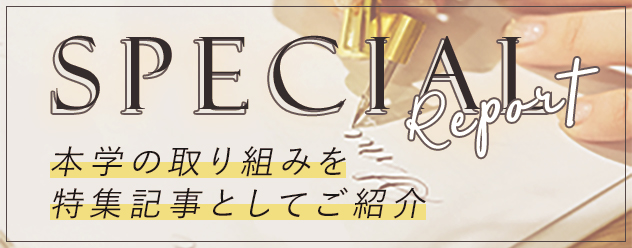


Professor, Department Department of Sport and Medical Science Faculty of Medical Technology, Teikyo University
Mr. Shinji Sato?

Associate Professor, Faculty of Human Environment, Osaka Sangyo University, Professor, Professor of Health and Medical Sciences, Teikyo Heisei University. Appointed to the current position from 2021. He is active in various academic societies such as the Japanese Society of Cardiac Rehabilitation Councilor and the Japanese Society of Clinical Exercise Therapy.




Dr. Sato researched exercise therapy based on the idea that "exercise may change the hormonal environment of the body and cure illnesses." Implemented cardiac rehabilitation, introducing exercise to patients with heart disease who had been expected to take absolute rest until then. It was found to stabilize the autonomic nervous system, improve arteriosclerosis, and suppress recurrence.


Furthermore, it was found that sports rehabilitation for elderly heart disease patients with the cooperation of students made them more energetic than if they were performed in a hospital. He discovered that having a child who is like a grandchild listening to the student's story leads to the creation of motivation for rehabilitation and exercise in order to please the student.


At the time of the Great East Japan Earthquake, he carried out the “Walking People Project” to relieve the lack of exercise while living in temporary housing. Through the movement, local residents, medical associations, and students are connected, and it has been found that not only their own health but also the feeling of caring for each other and the community is born, which promotes regional revitalization.


In Europe, the French term "noblesse oblige" is alive and well, referring to the responsibility that accompanies the maintenance of wealth, power, and social status. This term is also used in sports such as rugby, where it is believed that it is important for athletes who are endowed with physical capabilities to be kind to those who are in a weaker position.


Professor Sato's educational policy is also based on the theme of "noblesse oblige." The behavior of physically and mentally sound students reaching out to those in a weaker position is similar to the behavior required of developed countries in the SDGs. It is no exaggeration to say that creating health through exercise will create a state of consciousness that leads to the SDGs.


